Everything You Need to Know About Cannabis Topicals
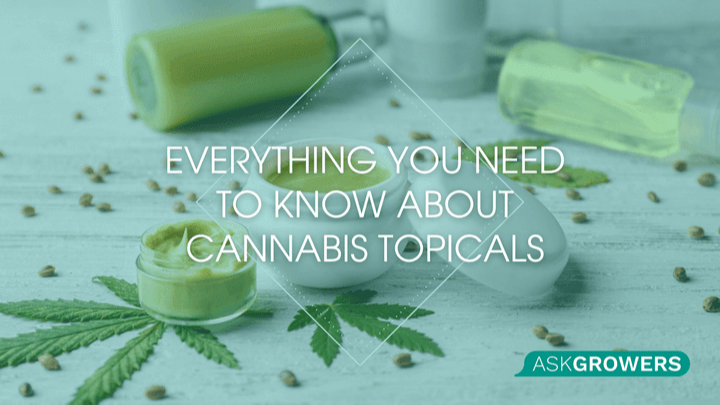
Cannabis topicals are a fascinating addition to the rapidly evolving world of cannabis. They are topical solutions that deliver marijuana's healing properties directly to your skin, allowing you to treat ailments without smoking or consuming edibles. Topicals have been around for some time now, but they are still relatively unknown in comparison with edibles and smoking methods. If you're interested in trying out CBD/THC topicals or just want some info about them, then this article will provide all the information you need!
Cannabis Lotion: What Is It?
Cannabis topicals are medicine and beauty products made from either the leaves and flowers of the marijuana plant or synthetic versions of these components. They are often used as massage oils, lotions, salves, balms, tinctures, or oils that can be applied to your skin directly. The precise composition varies widely depending on the product being used. Topical cannabinoids have been shown to reduce inflammation and pain while also helping soothe skin conditions such as dryness, psoriasis, and eczema.
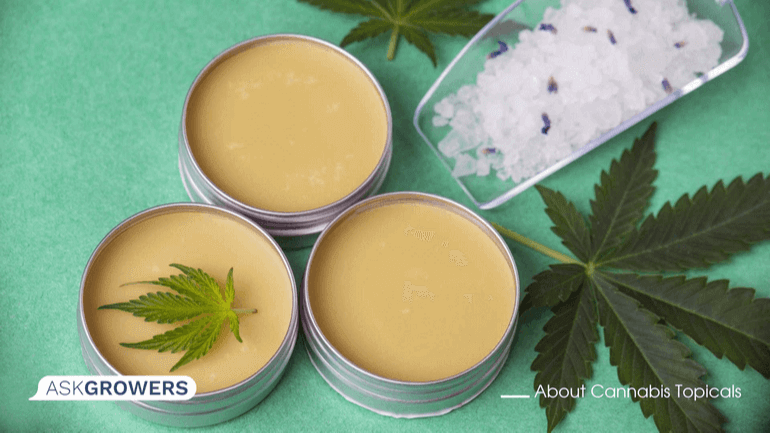
A cannabis topical is a lot like an ordinary drug, but instead of being absorbed through your mouth or digestive system, it's absorbed through the skin. The main difference between these two types of delivery systems is that once you apply a topical to your skin for a local effect, it's taken up by the body much quicker than if you were to take it orally. This makes them ideal for patients who don't want their medicine to be metabolized by their digestive system before it reaches its intended target area. And because they work so quickly, there aren't any side effects associated with them (unlike regular meds.)
Read Also: Ways to Consume Marijuana: The Definitive Guide
Topical vs. Transdermal: What’s the Difference?
A short clarification before we go onward. The two terms topical and transdermal are often used interchangeably, but they're actually quite different.
So what does topical mean? The term topical usually refers to medications and beauty products that you apply to the skin and that rely on passive diffusion, creating a local effect. In comparison, transdermal refers to medications and beauty products that are applied to the skin and can pass through the skin barrier. They often involve skin penetration-enhancing compounds, such as fragrances, or technology, such as iontophoresis, which increases the amount of substance that can exert effects in areas other than the site of application.
In addition to penetrating deeper into your skin, transdermal products also have less irritation potential than topical products because they don't rely on passive diffusion. For example, if you apply a medication topically but then wash it off too soon after application (which is common), it could cause irritation because the medication is still in contact with the site where it was applied.
Read Also: Everything You Need to Know About Cannabis Transdermal Patches
Cannabis Topicals Benefits and Types
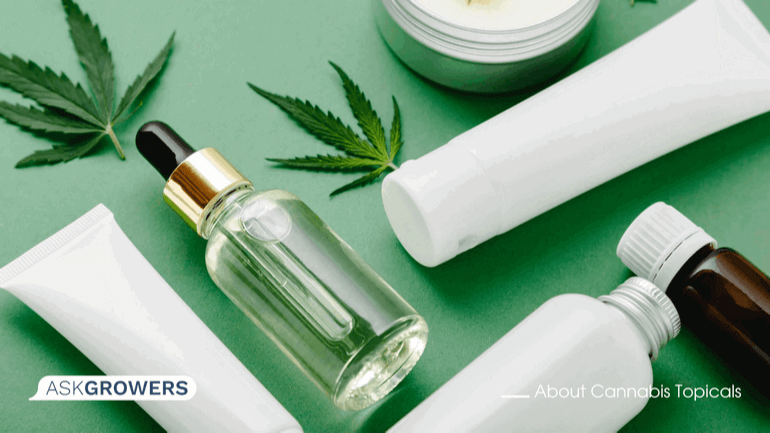
With an ever-increasing demand for CBD products, the marijuana-topical market is proliferating. Here are the most common types of products:
Oils
CBD oils are the most common type of cannabis topicals, used for various medical and recreational purposes.
Lotions and Creams
These kinds of products are especially useful for people who want to benefit from using skin care products and may be applied to extra dry areas like the knees and elbows.
Gels
Gels are effective for treating headaches. They provide a cooling effect, making them an ideal choice for people with migraines.
Salves
Salves used to treat psoriasis and other skin disorders can provide relief to those suffering. The secret of them being softer than lotions is that they contain beeswax.
Read Also: Everything You Need to Know About CBD and THC Tinctures
Transdermal Patches
These cannabis-infused products are especially beneficial for lower back pain sufferers. The patches come with an adhesive side that you stick to your skin, then leave on the affected area for up to 72 hours.
Some patients turn to topical marijuana products for pain relief. If you are having any kind of chronic ache or discomfort and looking for more naturally-based solutions, cannabis topicals may be worth trying out (maybe discovering THC cream for arthritis would be your option!)
Cannabis-infused topicals help ease symptoms of:
- Pain and inflammation linked to arthritis;
- Headaches and migraine-related neck pain and joint stiffness;
- Acne-related blemishes;
- Eczema.
Read Also: Everything You Need to Know About THC Pills and Capsules
How Does CBD Lotion Work
The main active ingredient in any marijuana cream is cannabidiol (CBD), which is one of over 100 compounds called cannabinoids found in marijuana plants. CBD interacts with your body by attaching to receptors on cells throughout your body called cannabinoid receptors. These receptors can be found all over your body but are more prevalent in certain areas like the immune system, brain, and spinal cord.
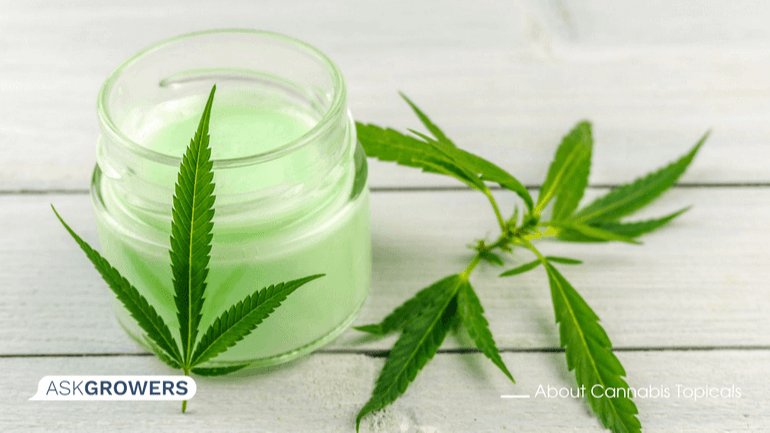
CBD works by interacting with receptors in your body called CB1 receptors. These receptors bind with cannabinoids like THC and CBD, signaling other cells in your body to react accordingly (i.e., make endocannabinoids.)
THC Cream for Pain: Can You Get High?
CBD lotions or THC balms are non-intoxicating, so they will not get you high. You can use them in the morning and still be able to function fully without feeling any effects from cannabis.
As was mentioned above, cannabinoids in topicals bind to receptors on your skin cells and activate them without actually entering your bloodstream, making it an ideal option for those who want relief without feeling stoned or impaired.
Before You Start Using Marijuana Topicals
There is little information about the risks of using topical cannabis. However, it is unlikely that using this product will cause serious harm. There are reports stating that itching and/or a rash may develop as a result of your exposure to the substance. Most likely, those are all the topical THC side effects you may experience. Another concern you should be aware of is when you purchase illegal medicines or beauty products, there is a chance of exposure to pesticides and other contaminants, as well as the possibility that your purchase won't be strong enough.
It's important to note that not all cannabis-infused products are created equal. You should always look for products made by reputable companies that have been in operation for years and use quality ingredients. You should also make sure that the product contains only pure cannabinoids or is free from any other substances like alcohol or preservatives, which can be harmful if consumed orally or absorbed through contact with your skin (for example, through lotions.)
To avoid any adverse reactions or side effects from using cannabis topicals, it's essential that you take precautions such as not applying too much at once or leaving it on for too long. Also, ensure that any product being used has been tested by an independent lab before use.
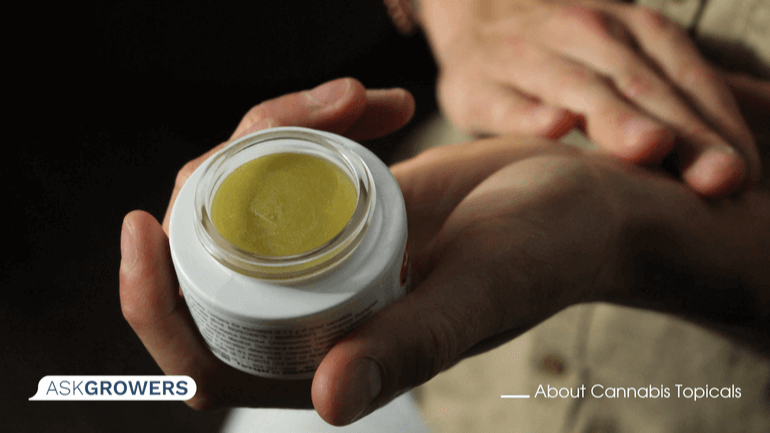
Read Also: How to Make a Homemade Gravity Bong: Step-by-Step Guide
Cannabis Topicals Recipes: What Are the Options?
If you're looking to make your own cannabis topical products at home, here are some recipes that can help:
- For a DIY moisturizer, mix aloe vera gel with CBD oil and apply directly to the skin. You can also add other ingredients, such as coconut oil or honey, if desired;
- A salve recipe uses cannabis flower, coconut oil, and beeswax (or vegetable glycerin) as its base before adding essential oils like lavender or tea tree oil for extra moisture absorption;
- Topical pain relievers are simple since they require only one ingredient – cannabis! Use an organic extract with an amount of THC ranging between 1-10%.
Conclusion
Cannabis topicals are still a relatively new product, but there's a lot of room for innovation. For example, we'd love to see cannabis topicals available in more forms and for more ailments. They may even be able to help with conditions other than pain. We're also curious how cannabis topicals will be used in the future: Can they replace traditional medical practices like surgery or chemotherapy?
While there is still a great deal we don't know about the health benefits and risks of using topicals, it would seem that a wide variety could be produced which has both therapeutic benefits and which is low in toxicity.
Read Also: 12 Best Weed Smoke Tricks and Tips to Try

 Guides
Guides
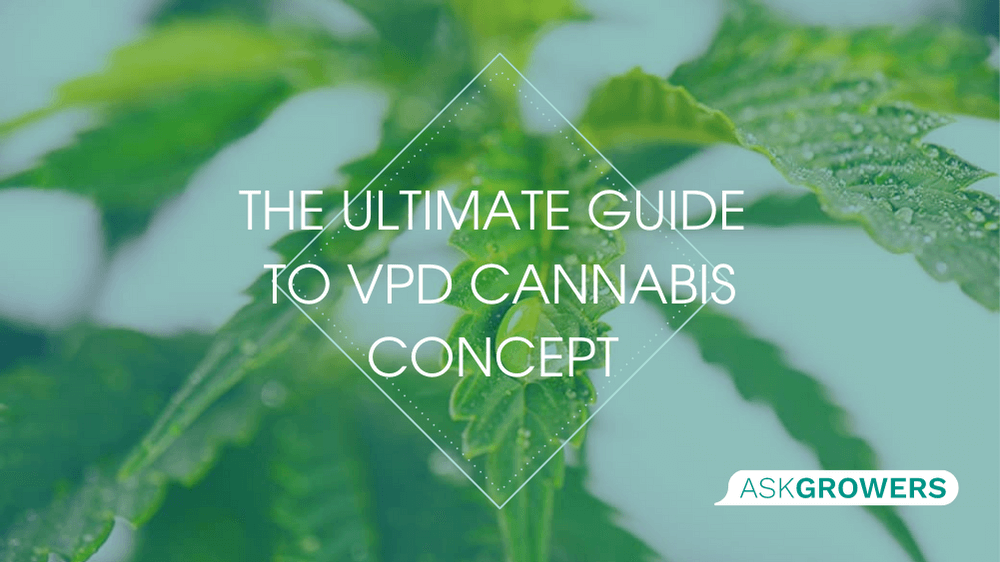
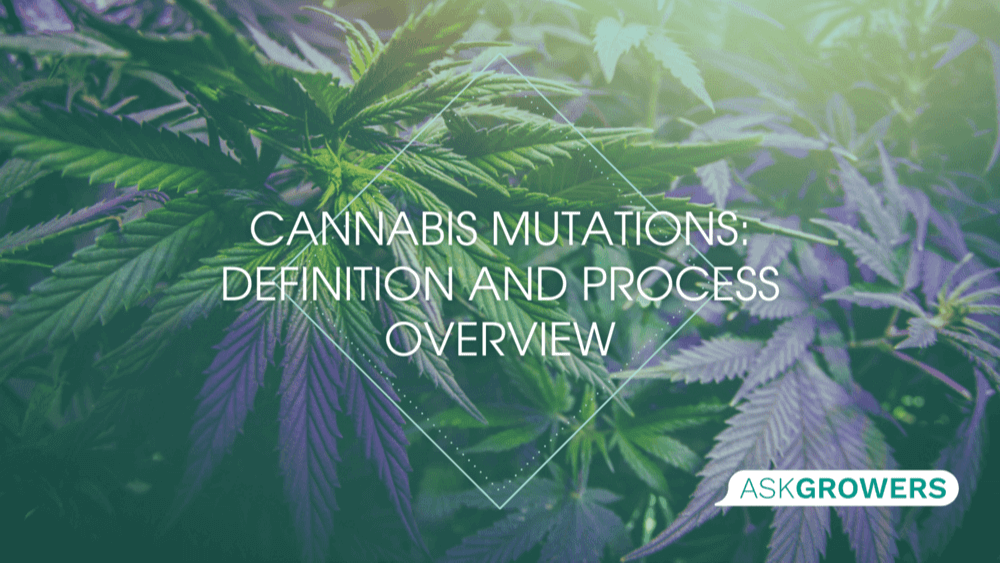
.png)
.png)
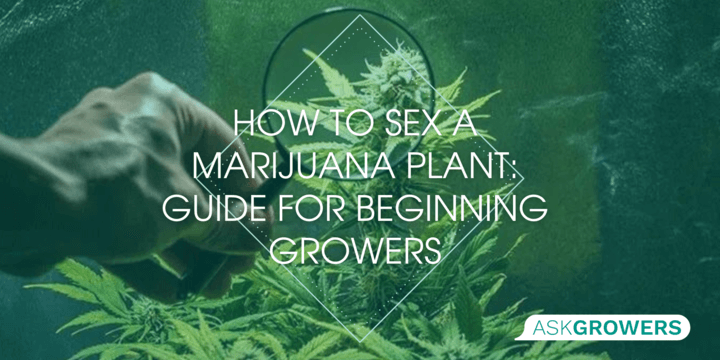
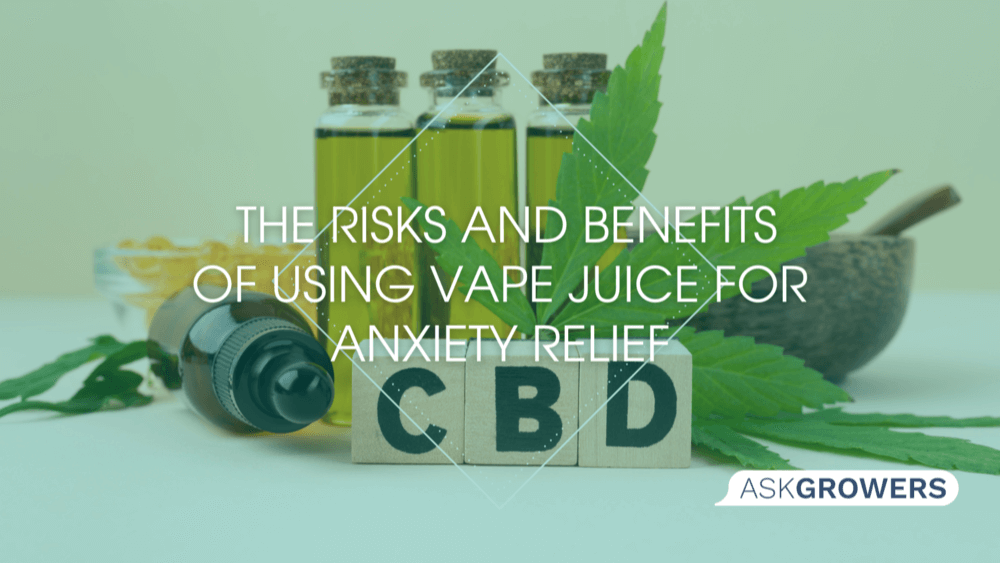
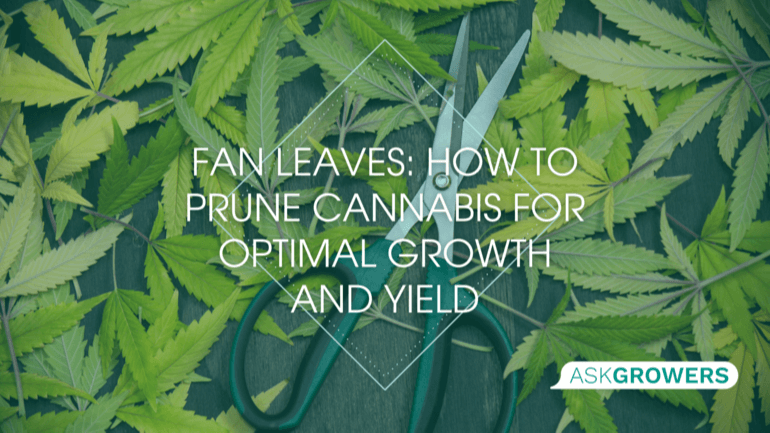
 (1).png)
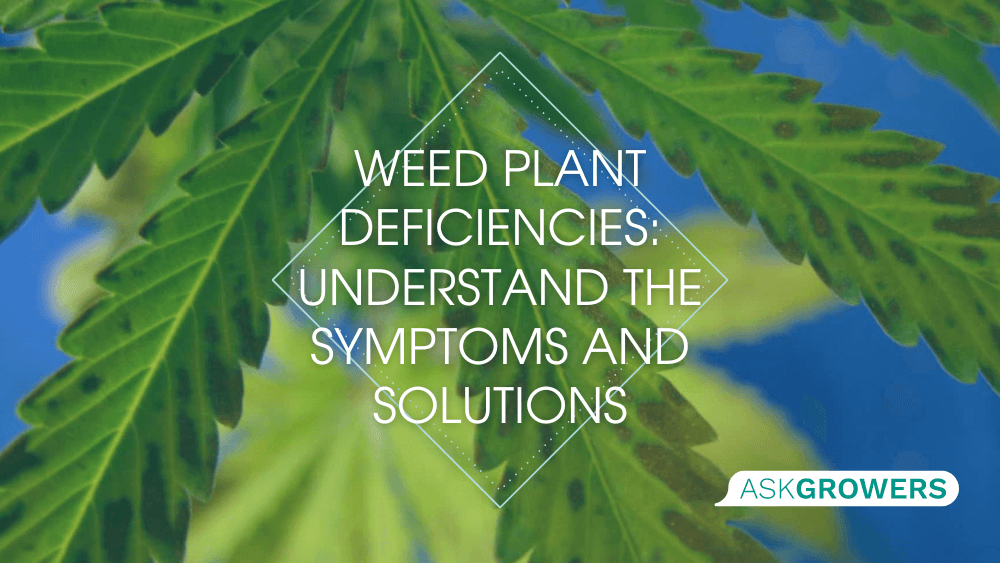
.jpg)
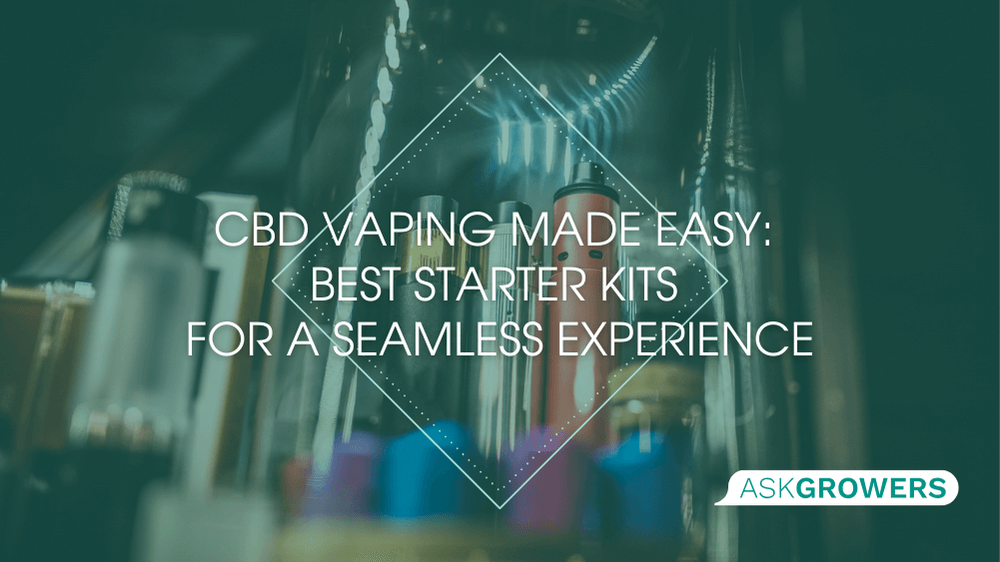
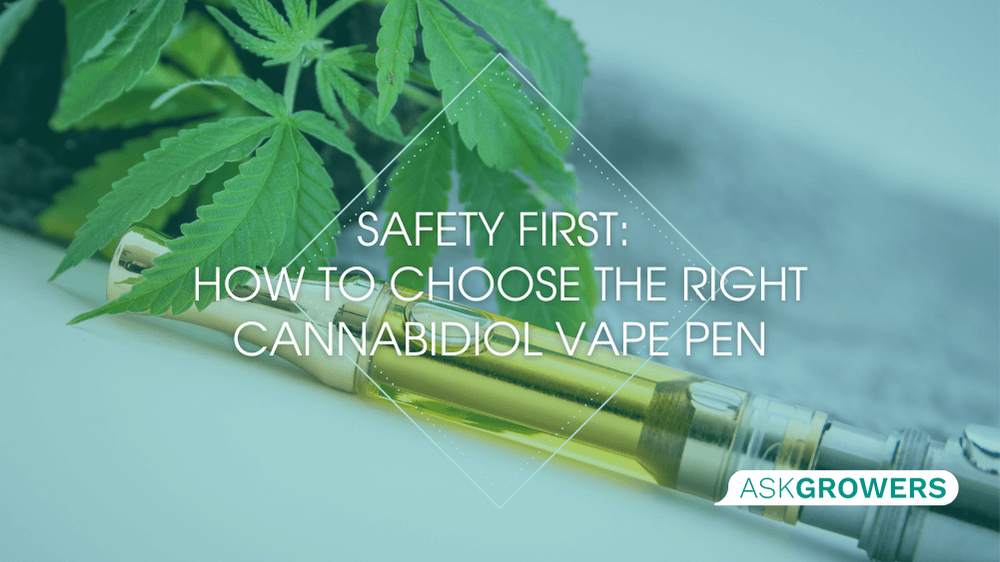
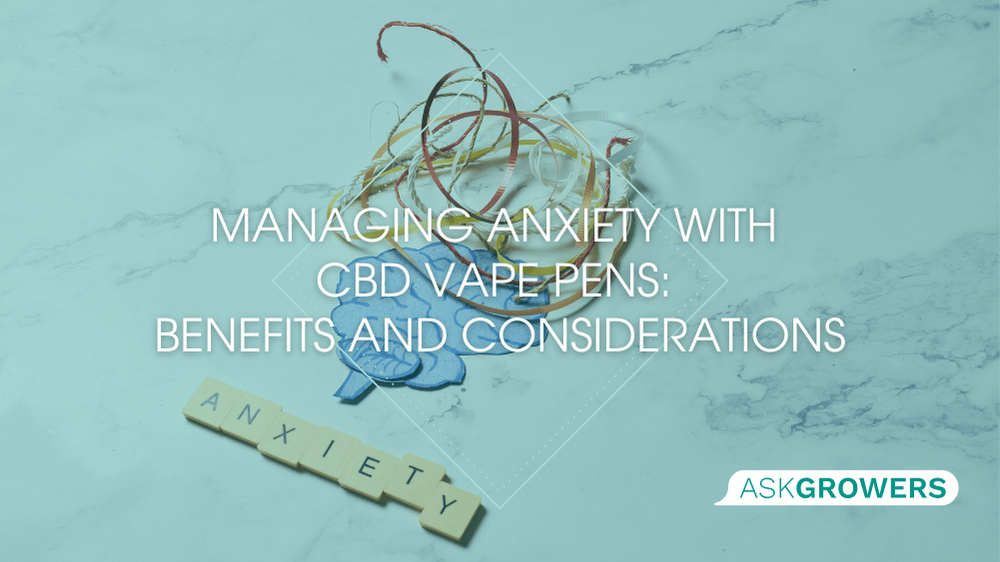
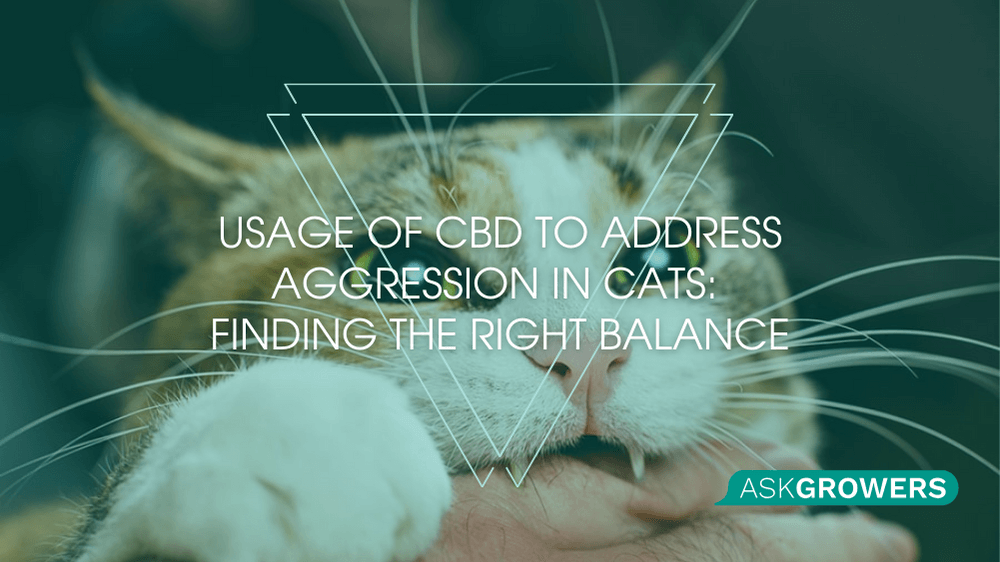
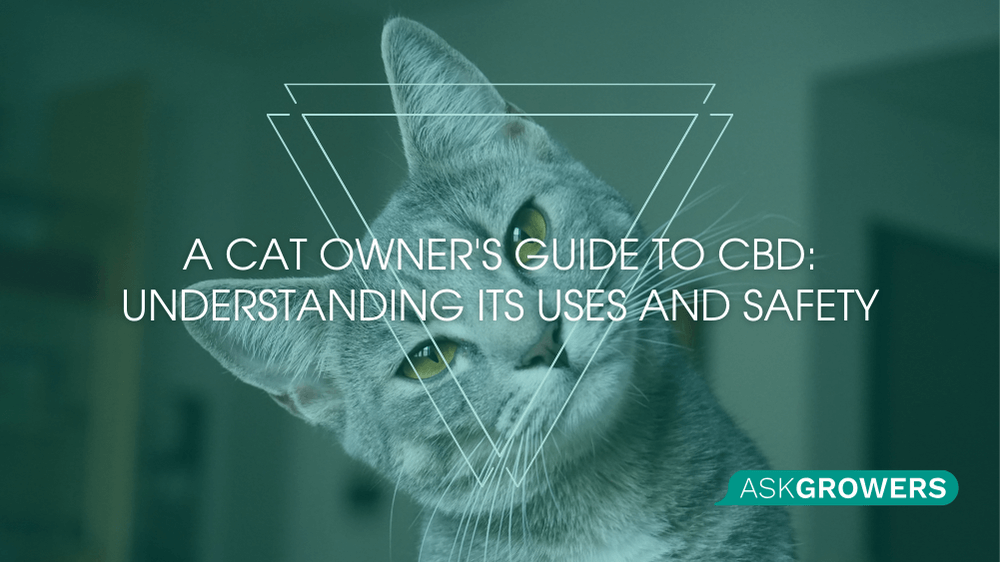
Be the first and share your opinion
Write a Review